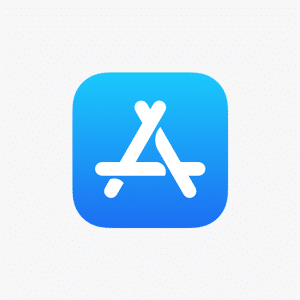Apple have been involved in a number of lawsuits over the years, from the slowing down of iPhones to being sued by Nokia. The tech giant has been hit with it all, and again, App Store policies are under fire. Russian cyber security firm Kaspersky Lab have filed an antitrust complaint with its home country’s Federal Antimonopoly Service (FAS).
Kaspersky allege that Apple’s tight control of the App Store is equal to monopoly power. The FAS filing highlights Apple’s strict App Store policies; it suggests that Apple moved to impede distribution of app that competed with features offered in the new Screen Time service that debuted with iOS 12.
App Store guidelines
The Russian firm argue that Apple blocked a their nominative “Safe Kids” app from release on the App Store. The iPhone maker is said to have prevented distribution of the App on grounds that it violated paragraph 2.5.1 of the App Store Review Guidelines. Section 2.5.1 can be found under the broader “Software Requirements” category and requires that apps use APIs that are public, and run on the currently shipping operating system.
The guidelines read: “Apps should use APIs and frameworks for their intended purposes and indicate that integration in their app description.” More specifically, Apple took issue with Kaspersky’s use of configuration profiles governing app control and Safari browser blocking. Such tools were responsible for allowing Kaspersky to restrict app usage based on App Store age restrictions. They also allowed the firm to hide all installed browsers, saved for a secure version built into the “Safe Kids” app.
Timing of the decision
Apple’s decision to reportedly impede the app arrived shortly after their Screen Time announcement at WWDC 2018. Kaspersky added that their app had successfully passed the App Store review process since 2015.
The firm said: “From our point of view, Apple appears to be using its position as platform owner and supervisor of the sole channel for delivering apps to users of the platform to dictate terms and prevent other developers from operating on equal terms with it.
“As a result of the new rules, developers of parental control apps may lose some of their users and experience financial impact. Most important, however, it is the users who will suffer as they miss out on some critical security features. The market for parental control apps will head toward a monopoly and, consequently, stagnation.”
This is not the first time Apple’s control of the App Store has came under scrutiny. Their management has been brought to attention by numerous of governmental antitrust agencies globally.













